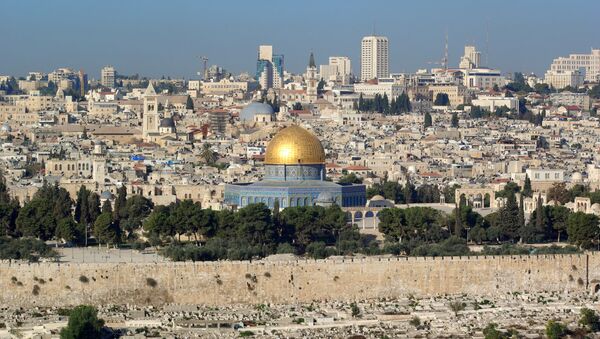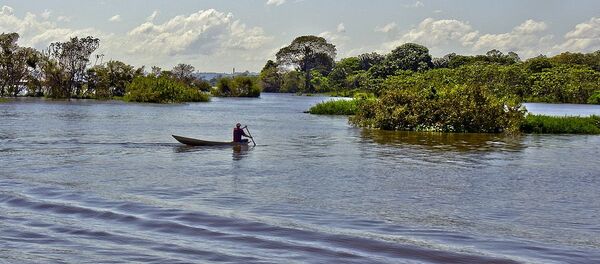The students, who wish to travel to Poland to further their education about the Holocaust, have assisted the Israel Antiquities Authority (IAA) in excavating the remains of a two-thousand-year-old Jewish settlement.
Most of the excavated buildings were dwellings used by rebel soldiers. The compound also included a "winding labyrinth" of tunnels to hide refugees from the Romans. They also discovered intact ceramic jars and pots, likely used by the rebels.
The Bar Kokhba Revolt, named after the Jewish rebel leader Shimon bar Kokhba, was the third and final war for independence fought by ancient Jews against their Roman overlords. Although historical sources on the conflict are limited, it is known that the Roman emperor Hadrian outraged the Hebrews by building a new city over the ruins of Jerusalem, Aelia Capitolina, as well as a temple to Jupiter on the Temple Mount where the Second Temple once stood.
The bloody war ended in the defeat of the Jewish rebels, the deaths of hundreds of thousands, and the beginning of the Jewish diaspora from Judea that would last until modern times.
"The past and present are coming together in a city that has known division, and now lives in harmony," Israeli Construction and Housing Minister Yoav Galant told the Jerusalem Post. "There is nothing more positive than the fact that students learning about the attempts to annihilate their people are involved in strengthening our ties with Israel, and remembering the generations of the past."
Dudi Shokef, director of the Poland delegation program with the Education Ministry, claims that the excavations help young Israelis feel connected to past generations.
"The aim of this initiative is to impart the heritage of the past to Israeli students by integrating them into a valuable educational project, such as excavating an archaeological site," he said.
"It's fantastic that we, Israeli students in the 21st century, are getting the opportunity to find out about the country, and are unearthing a Jewish settlement from 2,000 years ago with our own hands," said Shelly Kozlovich, one of the high school students that participated in the excavation.
"With the money we're making, we'll pay for our trip to Poland, and learn there about the Holocaust – an event that had a huge influence on Israel's establishment. It's a great way of closing a circle."
The IAA intends to preserve the site of the excavation as an archaeological park. The surrounding area will become a new residential neighborhood.




